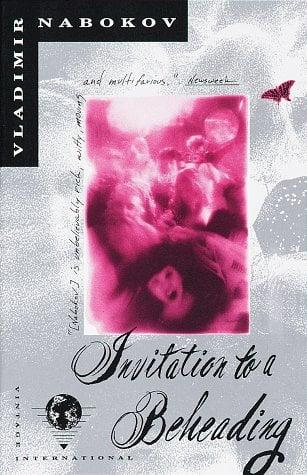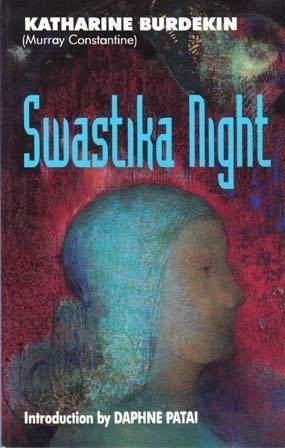
Darkness at Noon
Book Description
A man stares into the abyss of his own conscience as the totalitarian machine closes in. In a relentless interrogation room, Rubashov grapples with betrayal, loyalty, and the unsettling nature of truth. Shadows loom over freedom and ideology, leaving a haunting question: is sacrifice for a greater cause worth the price of one’s soul? As paranoia and despair intertwine, alliances dissolve, and the path to self-discovery leads to both revelation and ruin. When every choice echoes with dire consequences, can one man rise from the ashes of despair, or will darkness consume him entirely?
Quick Book Summary
"Darkness at Noon" by Arthur Koestler is a profound exploration of the psychology and moral dilemmas experienced under totalitarian regimes. Through the eyes of Rubashov, a former revolutionary now imprisoned and interrogated by the very system he helped create, the novel contemplates the conflict between individual conscience and collective ideology. As the machinery of the Party turns ruthless and opaque, Rubashov faces psychological torture, forced confessions, and the collapse of values he once cherished. The book delves into betrayal—personal and ideological—and reflects on the justification of horrific means for supposedly noble ends. Ultimately, it is a moral meditation on truth, the cost of loyalty to power, and the terrifying ease with which humanity can be subordinated to ideology.
Summary of Key Ideas
Table of Contents
The Dangers of Totalitarian Ideology
The novel is set during the height of Totalitarian rule, depicting a regime reminiscent of Stalinist Russia. Rubashov, once a prominent Party official, is arrested in the middle of the night and thrown into prison. As he is interrogated, the omnipresent nature of the state is clear. The machinery of the Party is so powerful and all-encompassing that no corner of privacy or integrity remains untouched. The Party’s goals are used to justify all actions, regardless of their morality or legality, and individuals—no matter their former importance—are expendable before the needs of ideology. This climate breeds fear and suspicion, with individuals constantly watching each other for signs of deviation from the Party line.
Moral Conflict and Conscience
Rubashov’s time in prison is spent largely in reflection, and his conversations with fellow inmates, his interrogators, and his own conscience reveal the mental torment wrought by totalitarian regimes. He struggles with the realization that he, too, has betrayed others for the cause. Rubashov must grapple with the contradictions between his personal ethics and Party loyalty, questioning whether the sacrifice of individual lives, including his own, is justified for the greater historical purpose. These moments of interior dialogue and memory serve as a philosophical battleground, with Rubashov torn between faith in the revolution and the recognition of its corrosive brutality.
Betrayal and Paranoia
As he is subjected to repeated interrogations, Rubashov’s psychological resolve is gradually weakened, not by physical torture but by the relentless logic of the Party and the guilt of his past actions. His interrogators, especially Ivanov and Gletkin, represent contradictory facets of the system: one employing reason and understanding, the other utilizing unyielding, mechanical dogma. The interrogations evoke the ways in which ideology can corrupt logic and morality, turning former friends into enemies and creating an environment where betrayal is a means of survival and progress.
Sacrifice and Justification of Means
Betrayal is a recurring theme—Rubashov recognizes that he has betrayed not only comrades but also his own ideals. This realization is both devastating and clarifying. He sees how the Party’s system encourages a cycle of suspicion and denunciation, dissolving loyalty and personal connections in service of the collective aim. In the end, Rubashov’s confession is less an act of contrition and more a capitulation to the Party’s all-consuming logic, marking the triumph of ideology over individuality.
Isolation and Self-Reflection
Ultimately, "Darkness at Noon" is a chilling meditation on the nature of power, conscience, and the individual’s place within history. Rubashov’s journey ends in execution, a symbolic testament to the futility of reason and morality under totalitarianism. The novel leaves the reader pondering whether sacrifice for a cause can ever be justified when it demands the destruction of humanity itself, and if, in choosing the collective over the individual, people lose their souls to darkness.
Download This Summary
Get a free PDF of this summary instantly — no email required.





